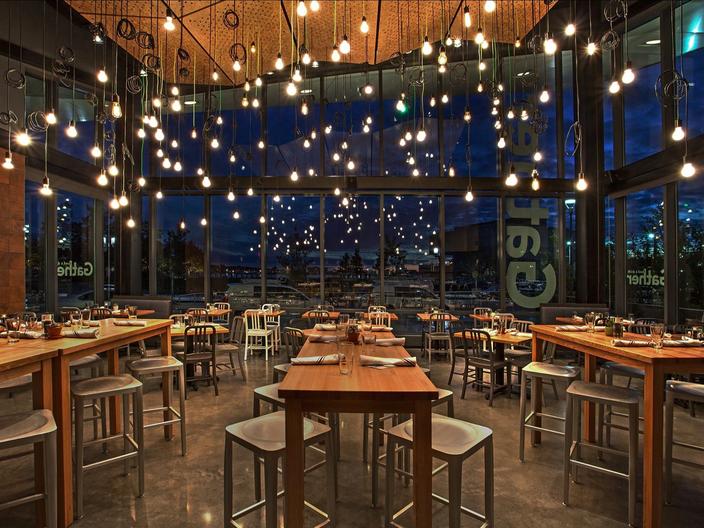Imagine this scenario:
You’re sitting at the dark mahogany counter of a craft brewpub. Exposed bulbs are dangling from a thatched roof, aluminum pipes snaking across brick walls to red copper conditioning tanks.
The building is a repurposed garage, and the doors open onto the outdoor seating area strung with fairy lights.
On the handwritten 20-by-10-foot blackboard, you have more than three dozen choices, but it’s clear what you’re not going to get at a pub like this.
Heineken, Coors, and Miller Lite.
It’s in places like this that craft beer has managed — perhaps by happy accident — to bridge the demographic gap between beer and wine. So far, the effort has contributed to craft brewing’s success.
While the traditional beer industry has been losing both market share and the interest of millennials — who are turning in part to wine but largely to spirits — a report from the Brewer’s Association showed that craft-beer volume is up 16% this year.
Nearly 700 craft breweries, which operate at a smaller scale than the traditional brewers and put a stronger emphasis on experimenting with flavors, have opened this year.
more on businessinsider.com




